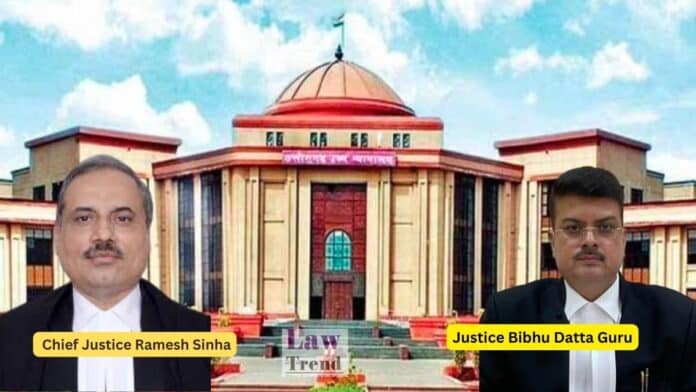In a significant judgment, the Chhattisgarh High Court upheld the conviction of five men accused of the brutal gang rape of a young deaf and mute woman. The Division Bench, comprising Chief Justice Ramesh Sinha and Justice Bibhu Datta Guru, emphasized the reliability of the victim’s testimony despite her communication challenges, relying on corroborative forensic
To Read More Please Subscribe to VIP Membership for Unlimited Access to All the Articles, Download Available Copies of Judgments/Order, Acess to Central/State Bare Acts, Advertisement Free Content, Access to More than 4000 Legal Drafts( Readymade Editable Formats of Suits, Petitions, Writs, Legal Notices, Divorce Petitions, 138 Notices, Bail Applications etc.) in Hindi and English.




